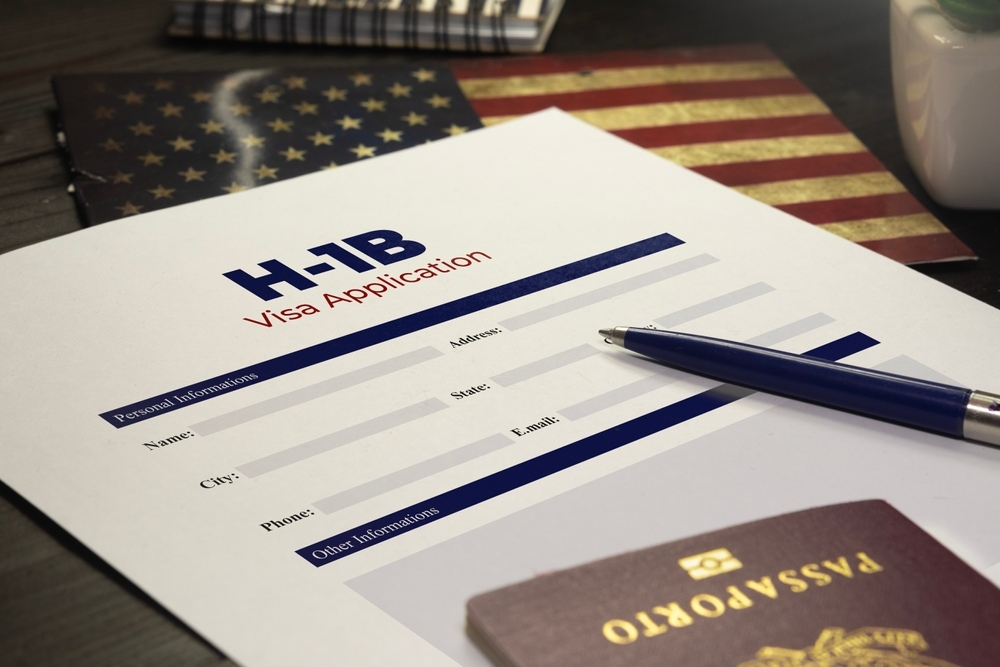
If you are a small business that relies on H-1B workers, the Trump Administration’s new $100,000 H-1B visa fee likely feels like the end of the road. For employers who file only a handful of H-1B petitions each year, paying $100,000 per worker is probably cost-prohibitive. The reality is that if this fee stands, the H-1B program will no longer be a viable option for most smaller employers.
Here are the important questions our clients are asking us now:
- Will this fee actually withstand legal challenges?
- Are there any alternatives to H-1B visas that would work for our business?
At Santee Law Offices, we believe the biggest uncertainty right now is not about implementation, but about legality. Courts are expected to be asked to decide whether the administration has the authority to impose such a sweeping change. Until those challenges play out, businesses and workers are left in limbo.
Even the administration’s own White House H-1B FAQ guidance leaves open questions about timing, exceptions, and how litigation may affect implementation.
Why Legal Challenges Are Almost Certain
The H-1B program is part of a carefully designed statutory scheme created by Congress. It allows U.S. businesses to hire highly skilled foreign workers in fields like technology, health care, and education, without displacing American workers. Congress set the framework, the limits, and the fees. Historically, H-1B filing fees have been in the range of a few thousand dollars, often between $2,000 and $5,000, which makes the sudden jump to $100,000 unprecedented and legally suspect.
By attempting to impose a $100,000 H-1B petition cost through Presidential Proclamation, the administration is effectively rewriting the law. Many legal scholars argue this exceeds executive authority, and that only Congress, not the president, can change the program so drastically.
Some of the likely legal arguments include:
- Violation of Separation of Powers: Immigration programs like H-1B exist because Congress passed laws authorizing them. The executive branch cannot make the program unworkable by imposing fees that Congress never approved.
- Conflict with Congressional Intent: Congress created H-1B visas to help employers meet workforce needs while protecting U.S. workers. A $100,000 fee undermines that balance and blocks access for smaller employers.
- Lack of Statutory Authority: Agencies like USCIS and DHS have limited power to set fees, and those powers do not extend to creating barriers that effectively shut down the program.
- Unlawful Administrative Action: The Administrative Procedure Act (APA) requires federal agencies to provide public notice of rulemaking and an opportunity for public input. Federal courts can set aside agency action taken without these procedural safeguards or if the agency action is arbitrary, capricious, or contrary to law.
H-1B litigation challenges are already being discussed by businesses, trade groups, and immigration advocates. Lawsuits are expected and may seek to block the fee before it is fully implemented.
What Small Businesses Should Watch For
For small employers, this battle matters more than any technical USCIS memo or FAQ. The key question is: will the courts stop this fee?
- Injunctions Are Possible: Courts could temporarily block the rule while litigation proceeds, giving employers relief in the short term.
- Nationwide Impact: Because H-1B is a federal program, any ruling would apply across the country – not just in certain regions.
- Timing Is Critical: If lawsuits move quickly, clarity could come before the next H-1B lottery. But if litigation drags on, uncertainty will linger.
Possible Outcomes of Litigation
As these lawsuits move forward, courts could take several different paths. The fee might be struck down entirely if judges find the administration overstepped its authority, or it could be upheld in full. Another possibility is that the issue is sent back to the agencies or Congress for narrower rulemaking. Each scenario carries different implications for small businesses, which is why close monitoring and proactive legal planning will be essential.
Practical Steps While Waiting
While litigation unfolds, small businesses should take measured steps to prepare:
- Pause New Petitions Where Possible: Consider holding off on costly filings until there is clarity from the courts.
- Evaluate Alternatives: Some employers may explore alternatives to the H-1B visa, such as the L-1 visa for intracompany transferees or the O-1 visa for persons with extraordinary ability. Although these categories have different requirements, they can be better options for those who qualify.
- Stay Informed: Following legal updates will be crucial, as court decisions could shift the landscape suddenly.
At Santee Law Offices, we monitor developments daily and craft strategies tailored to small employers, so they can plan despite uncertainty. Even in uncertain times, informed planning can make the difference between missed opportunities and long-term success. For workers, staying in close communication with your employer and immigration counsel will be key to preserving opportunities while these legal questions unfold.
Immigration Counsel With Local Roots and National Reach
At Santee Law Offices, we are proud of our roots in Media, Pennsylvania, where we serve businesses and professionals in Philadelphia, Montgomery, Chester, Delaware, and Bucks Counties. Our work also extends throughout Pennsylvania, New Jersey, and Delaware, providing immigration guidance to both employers and workers. And because immigration law is federal, we regularly represent clients across the country, helping them navigate complex challenges created by fast-moving presidential executive orders, including the new $100,000 H-1B visa fee.
Next Steps With Santee Law Offices
The future of the $100,000 H-1B visa fee will likely be decided in the courts, not in USCIS field offices. For now, small businesses should understand what’s at stake, watch developments closely, and plan strategically.
Attorney David S. Santee is available to discuss your options, explore alternative visa strategies, and help your business prepare for what comes next.
Contact Santee Law Offices today to schedule a consultation and protect your ability to hire the talent your company needs.
Disclaimer: This article is for informational purposes only and does not constitute legal advice or create an attorney-client relationship. For advice specific to your situation, please contact our office directly.
